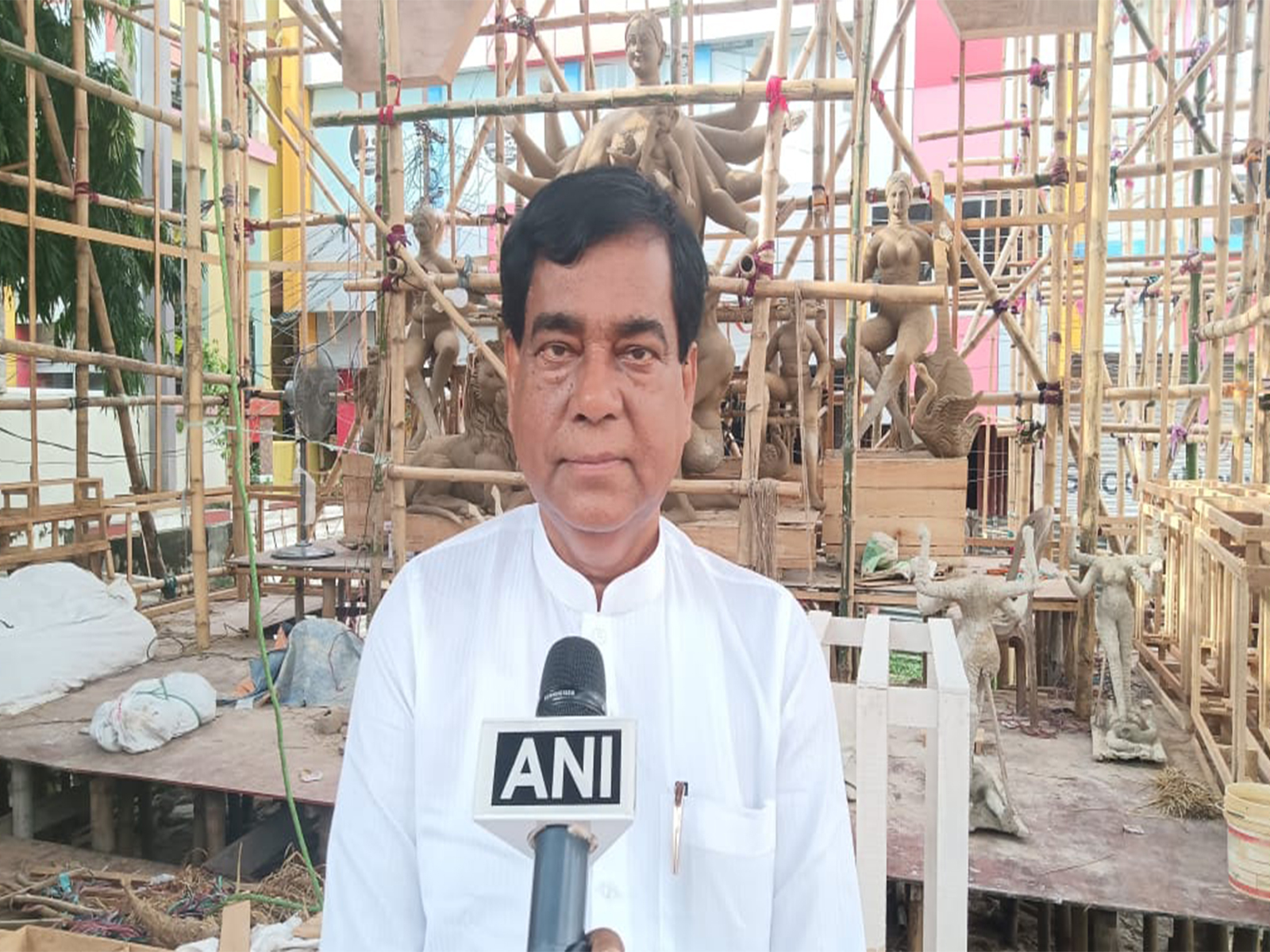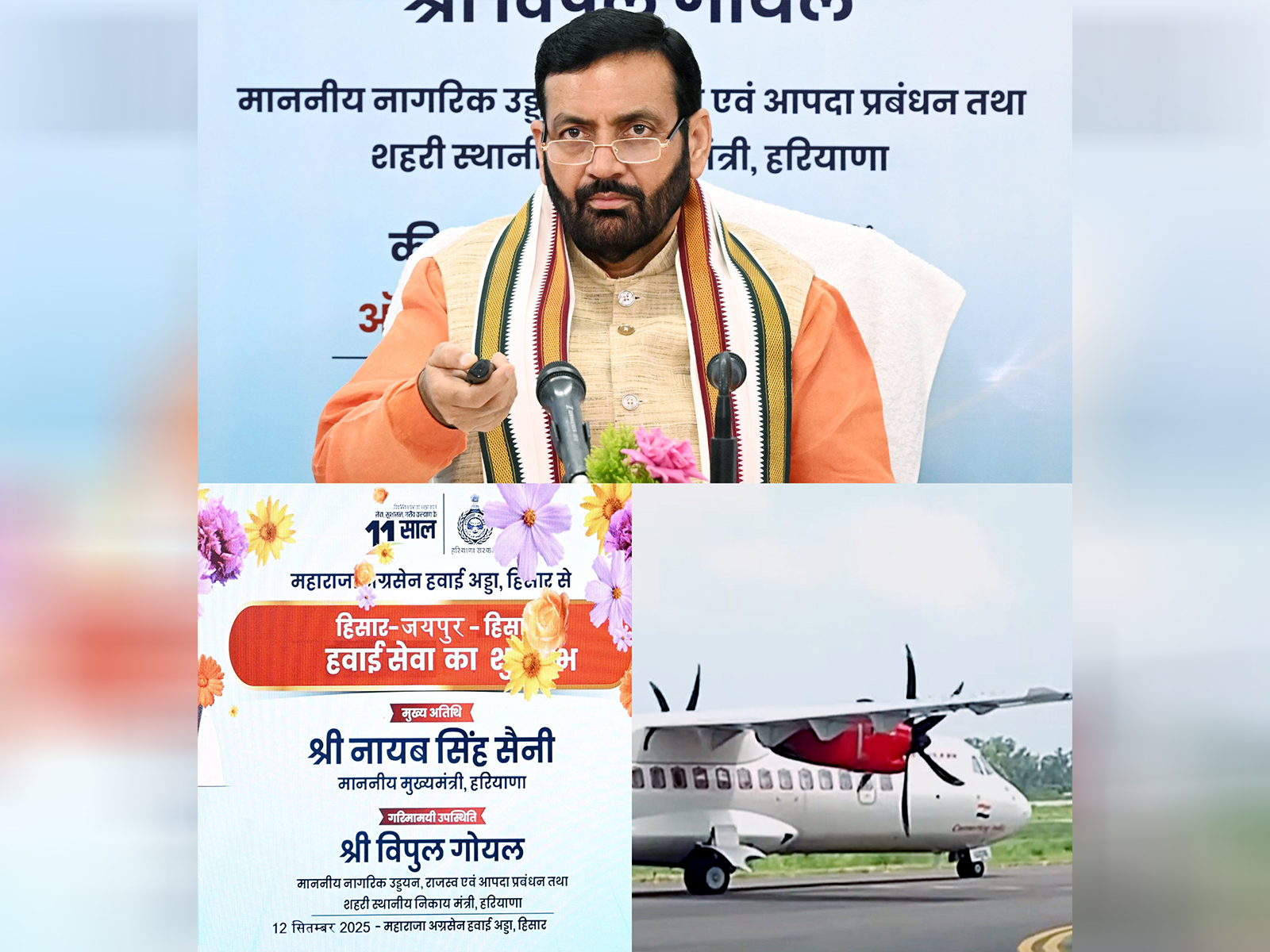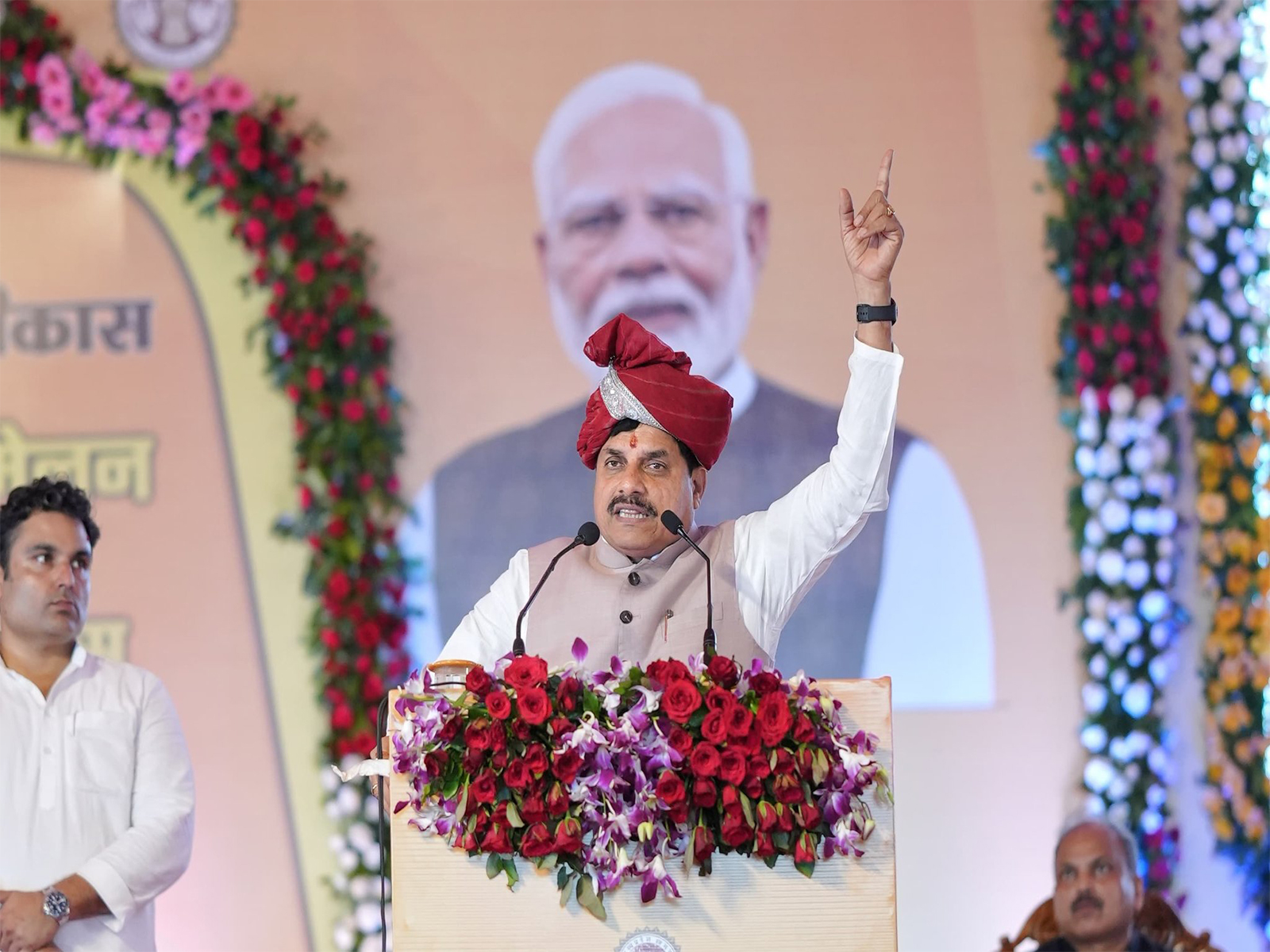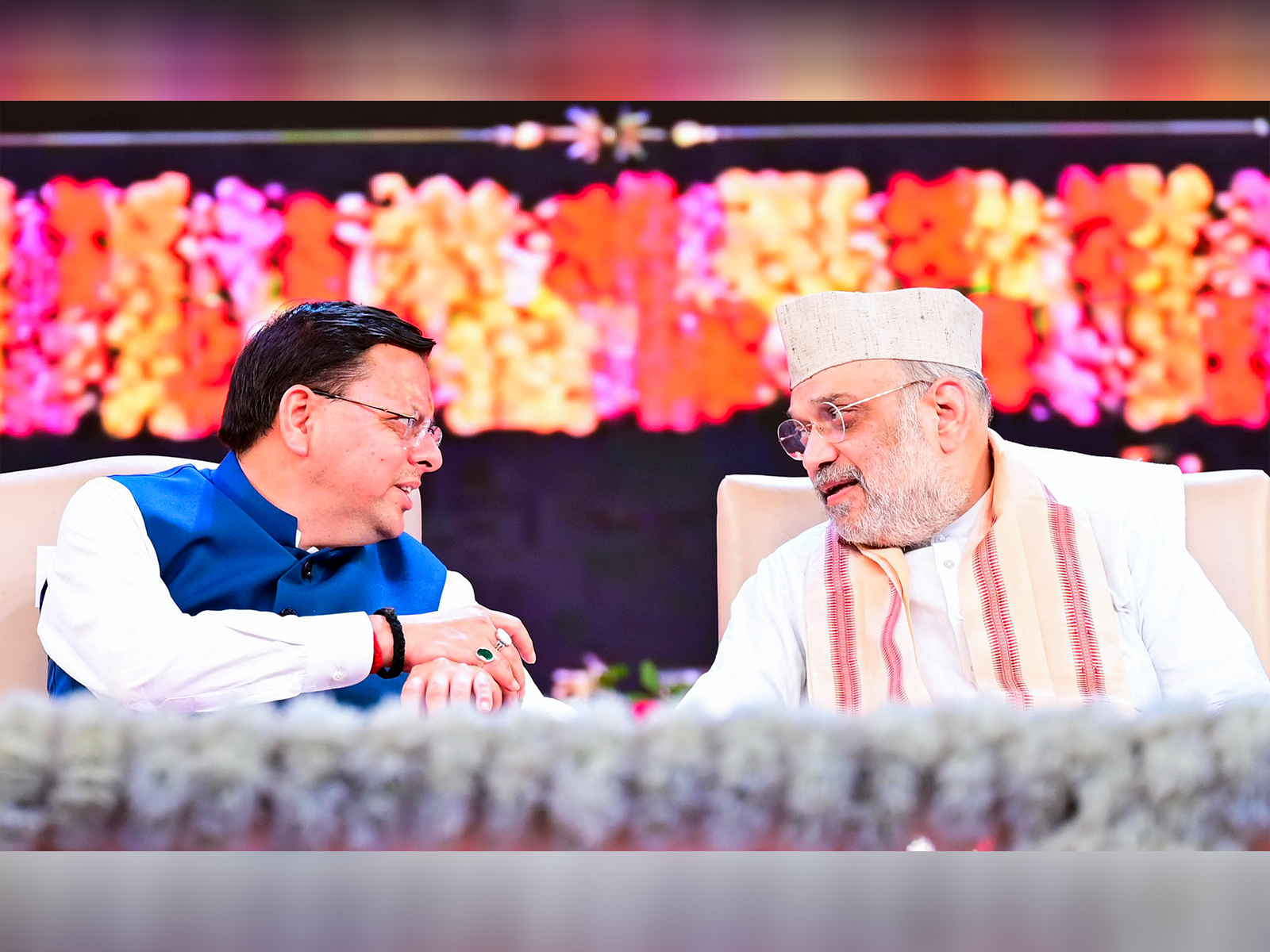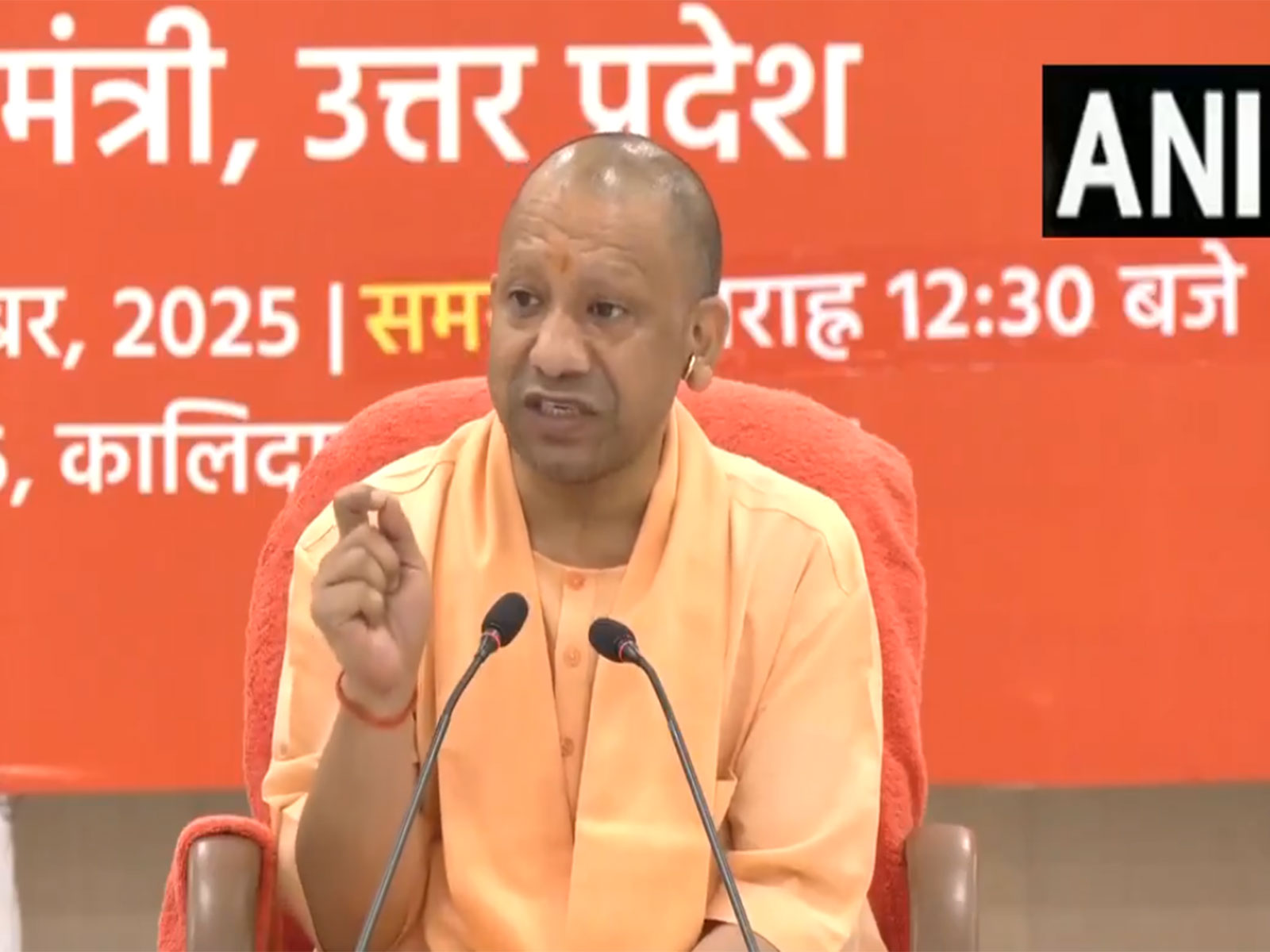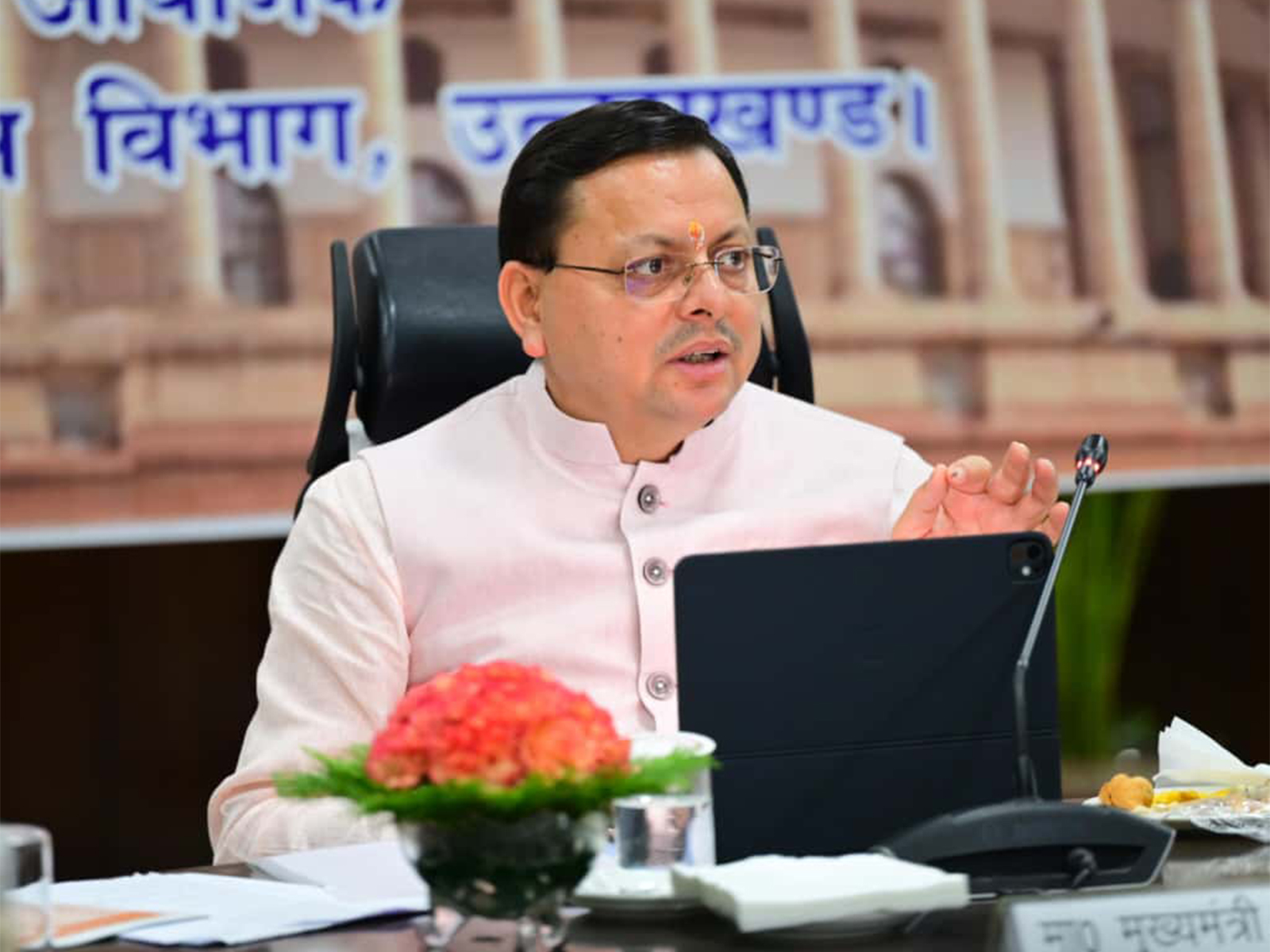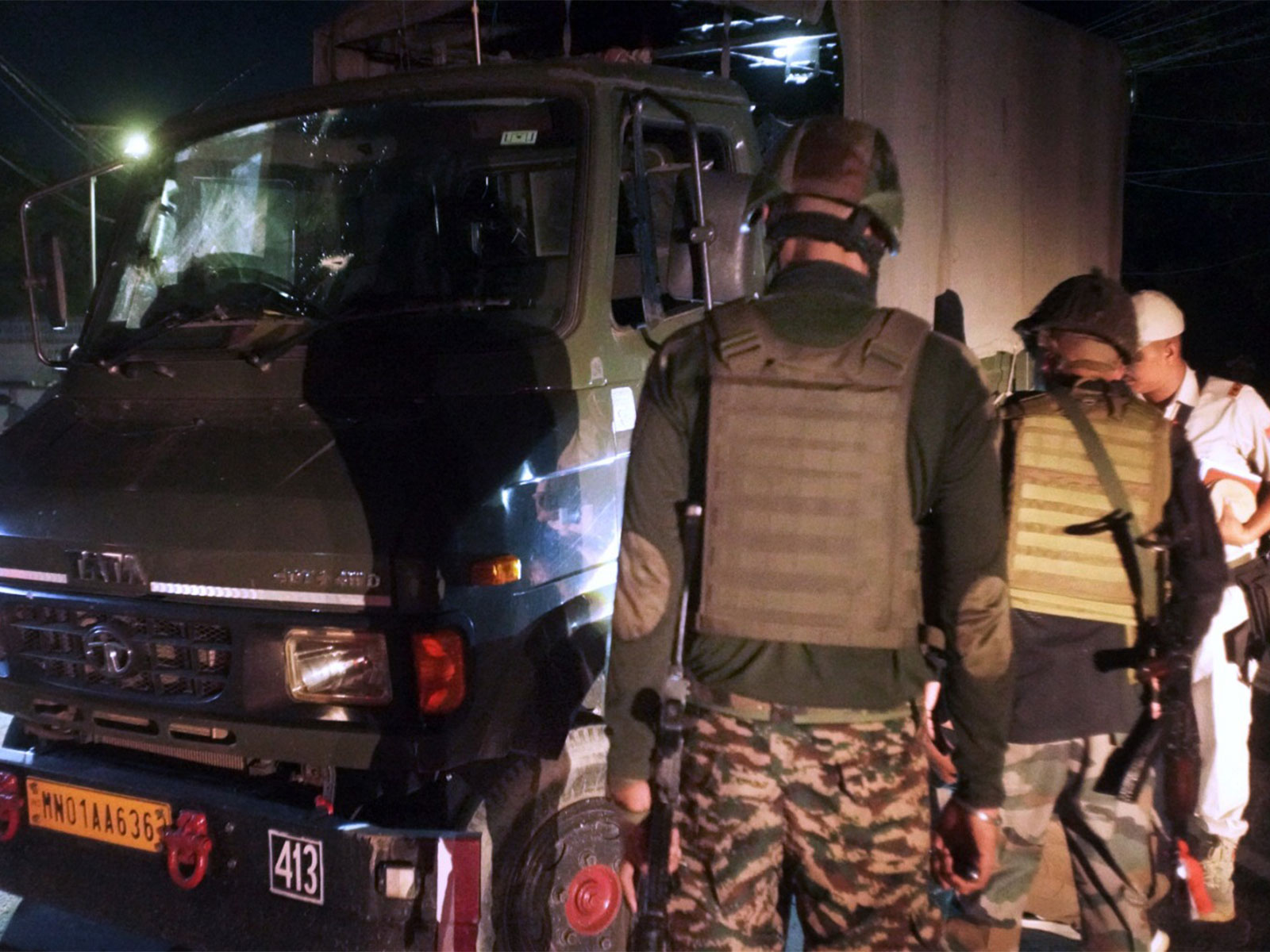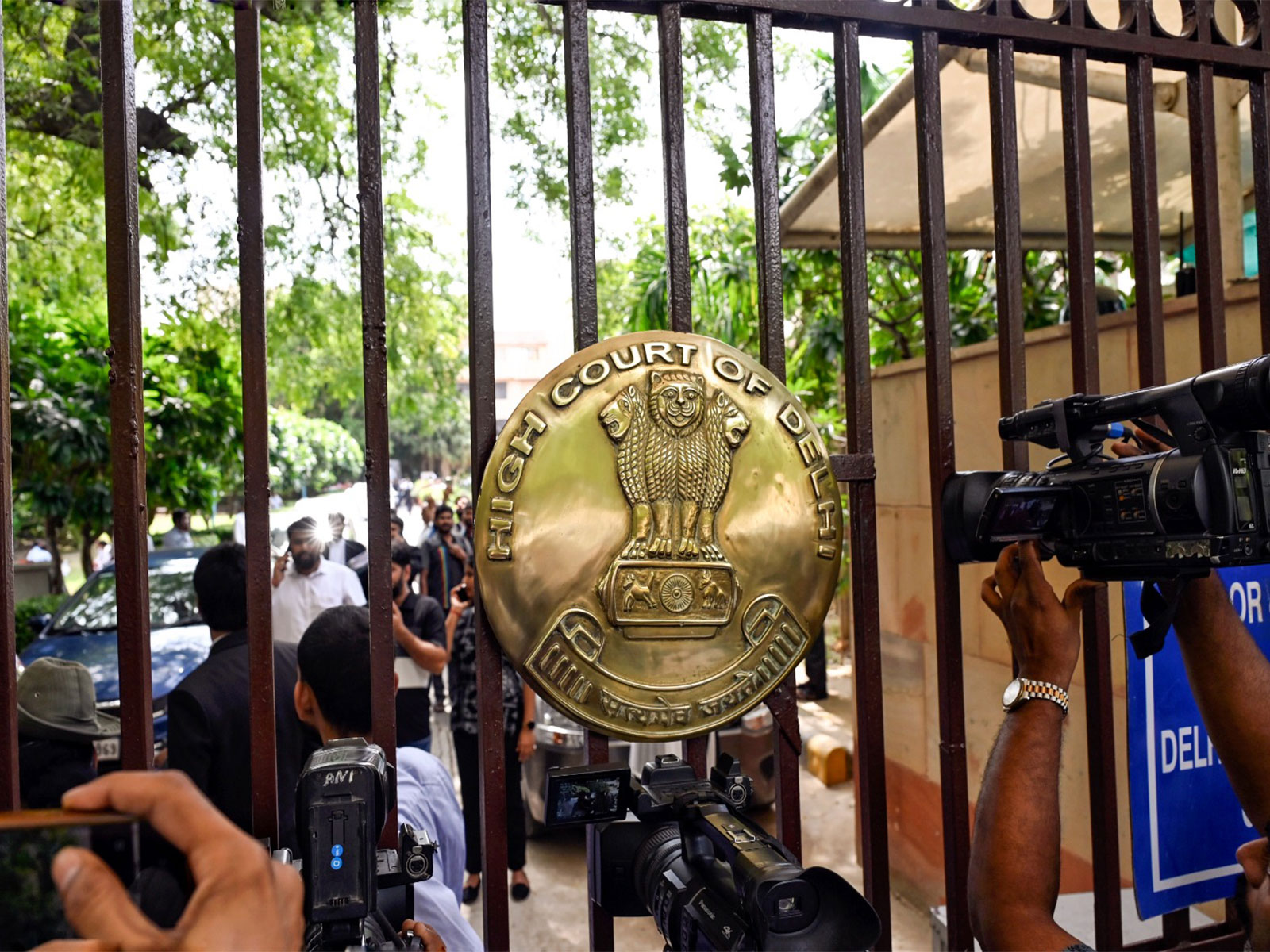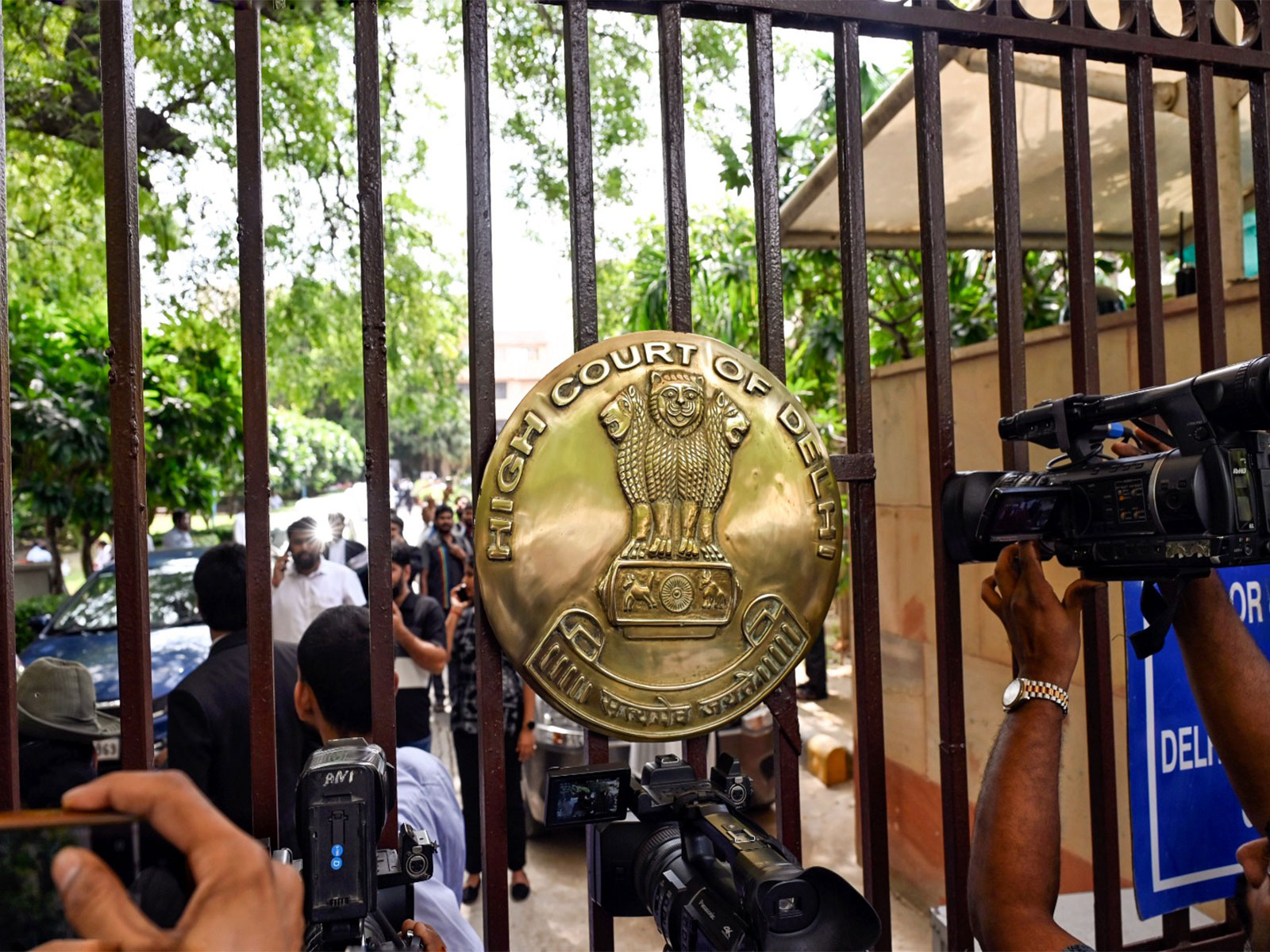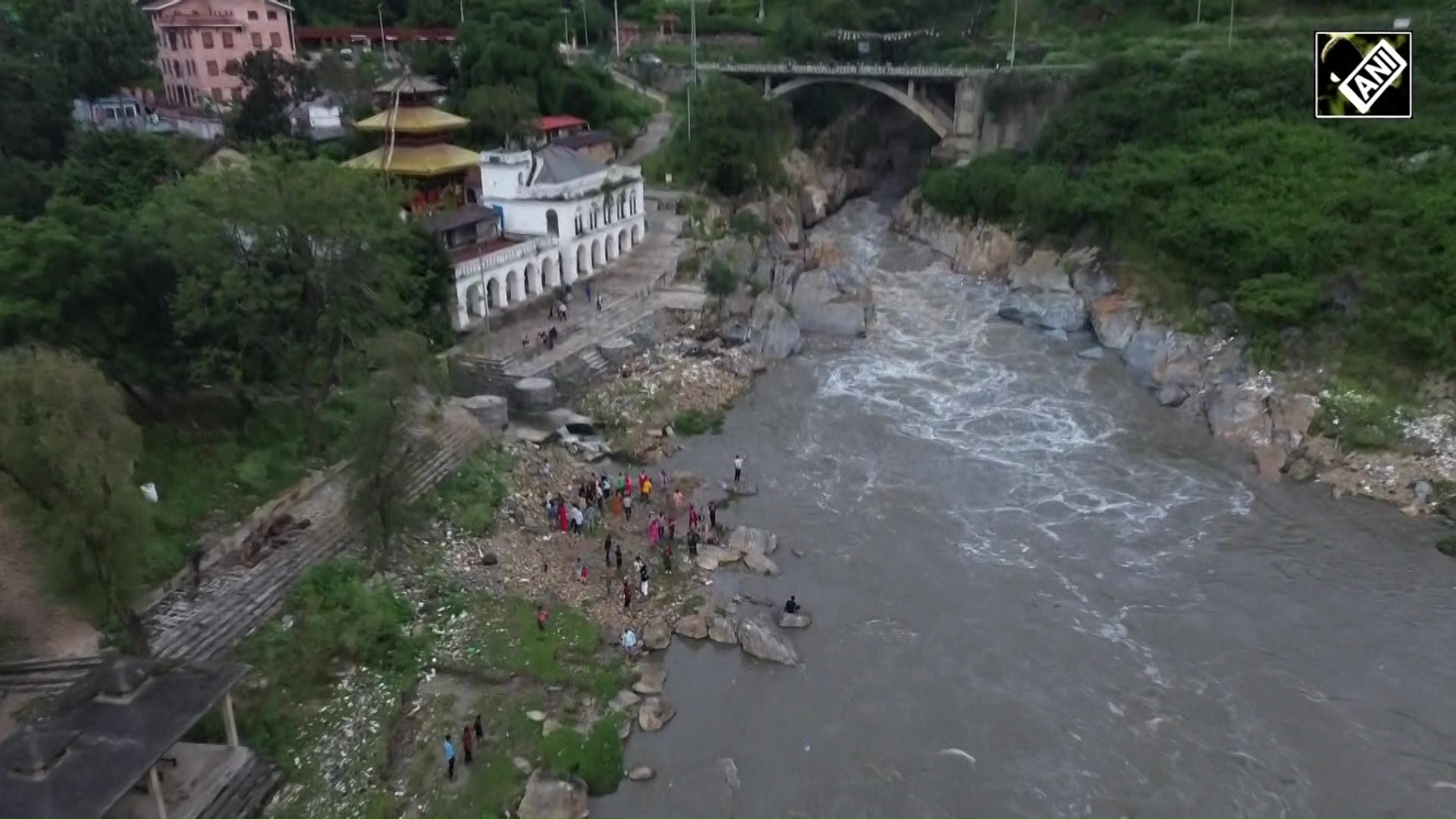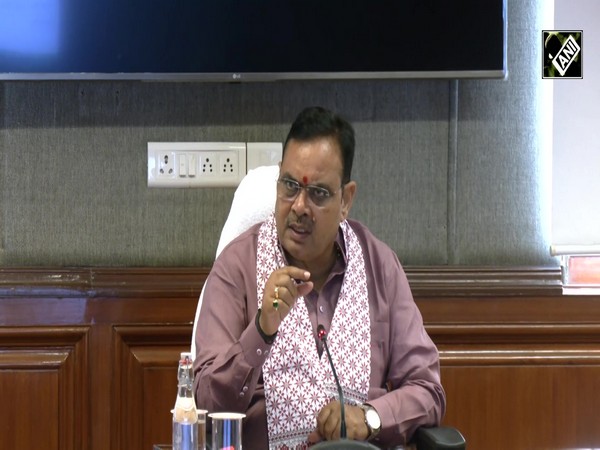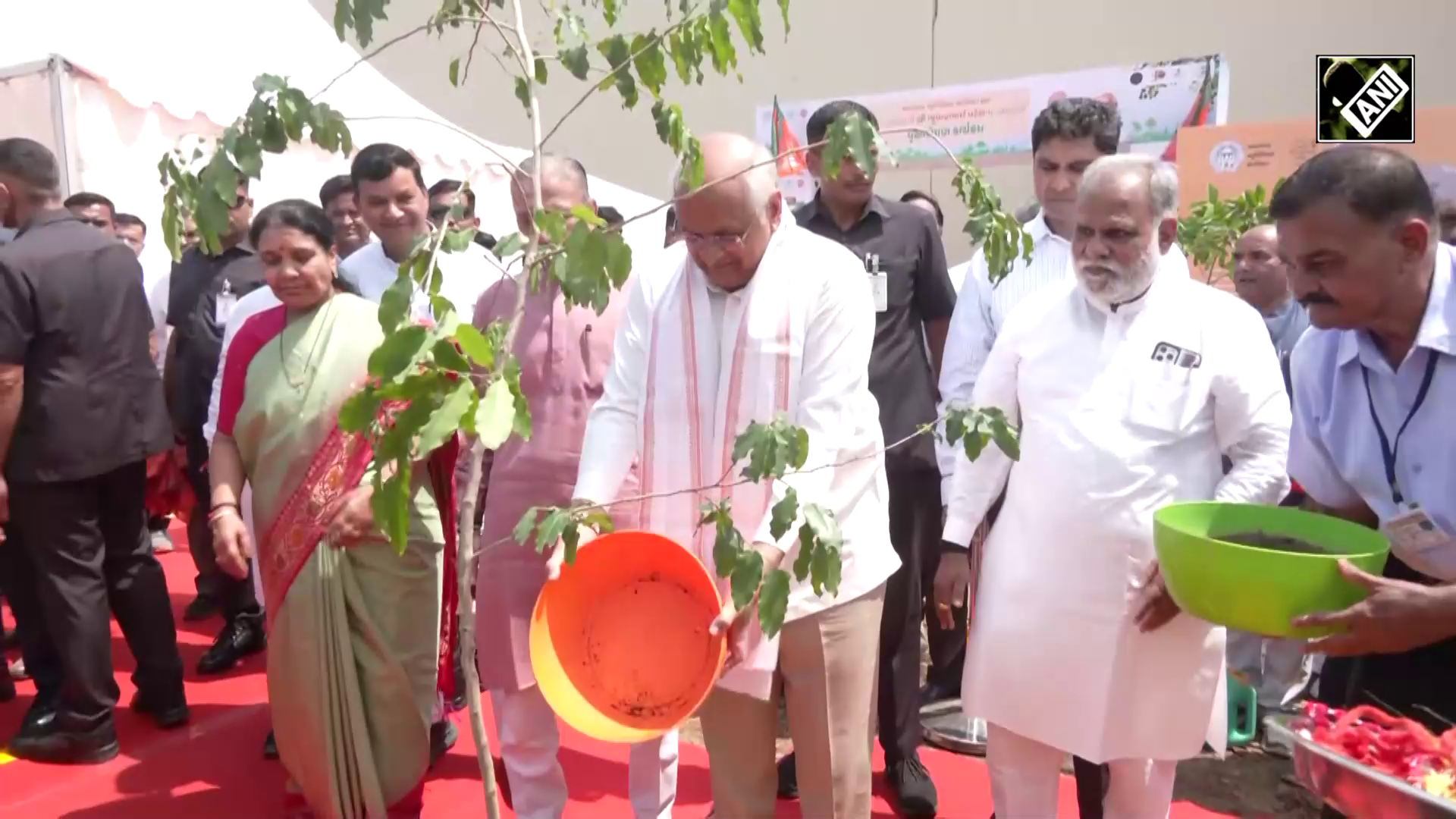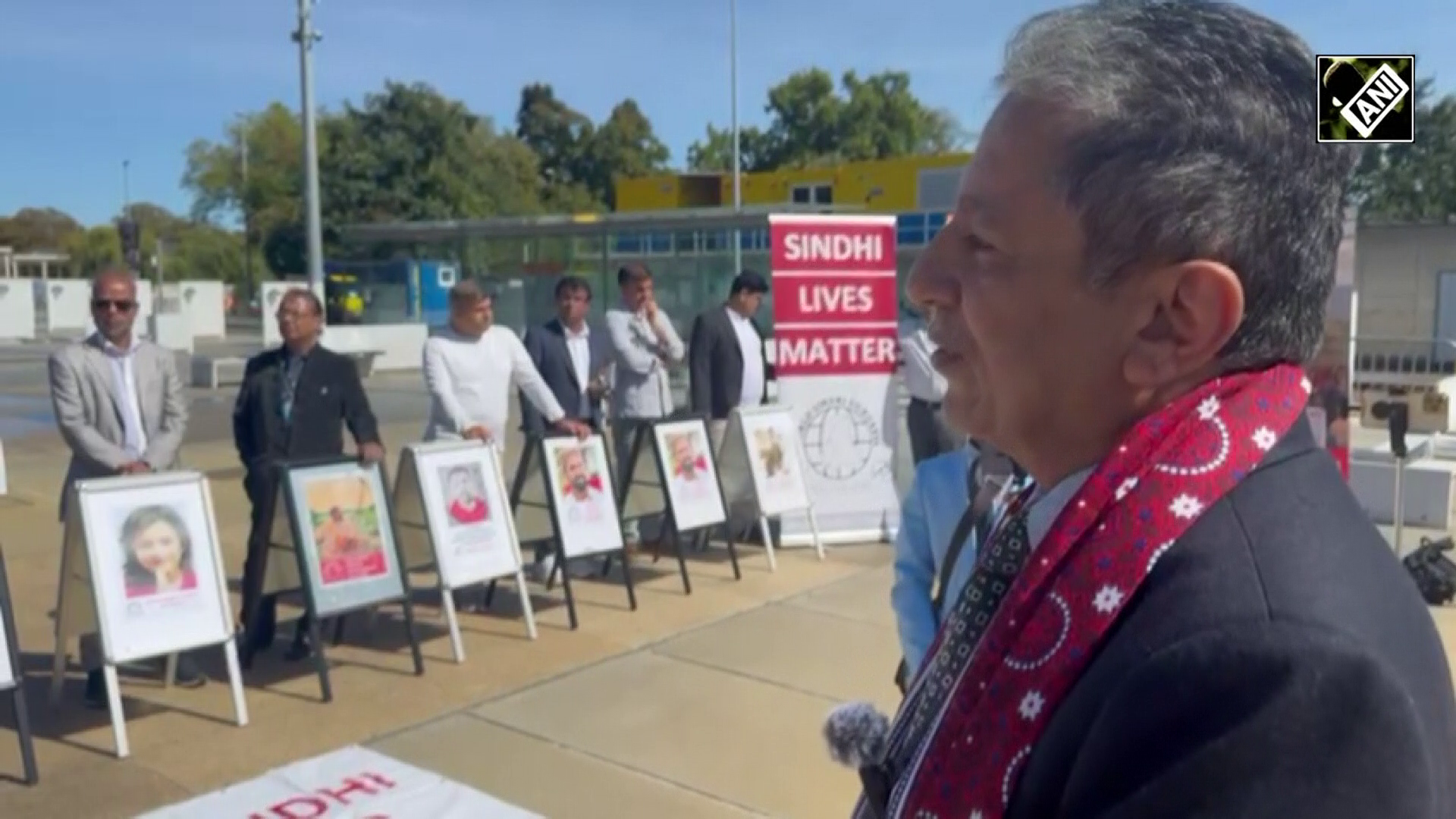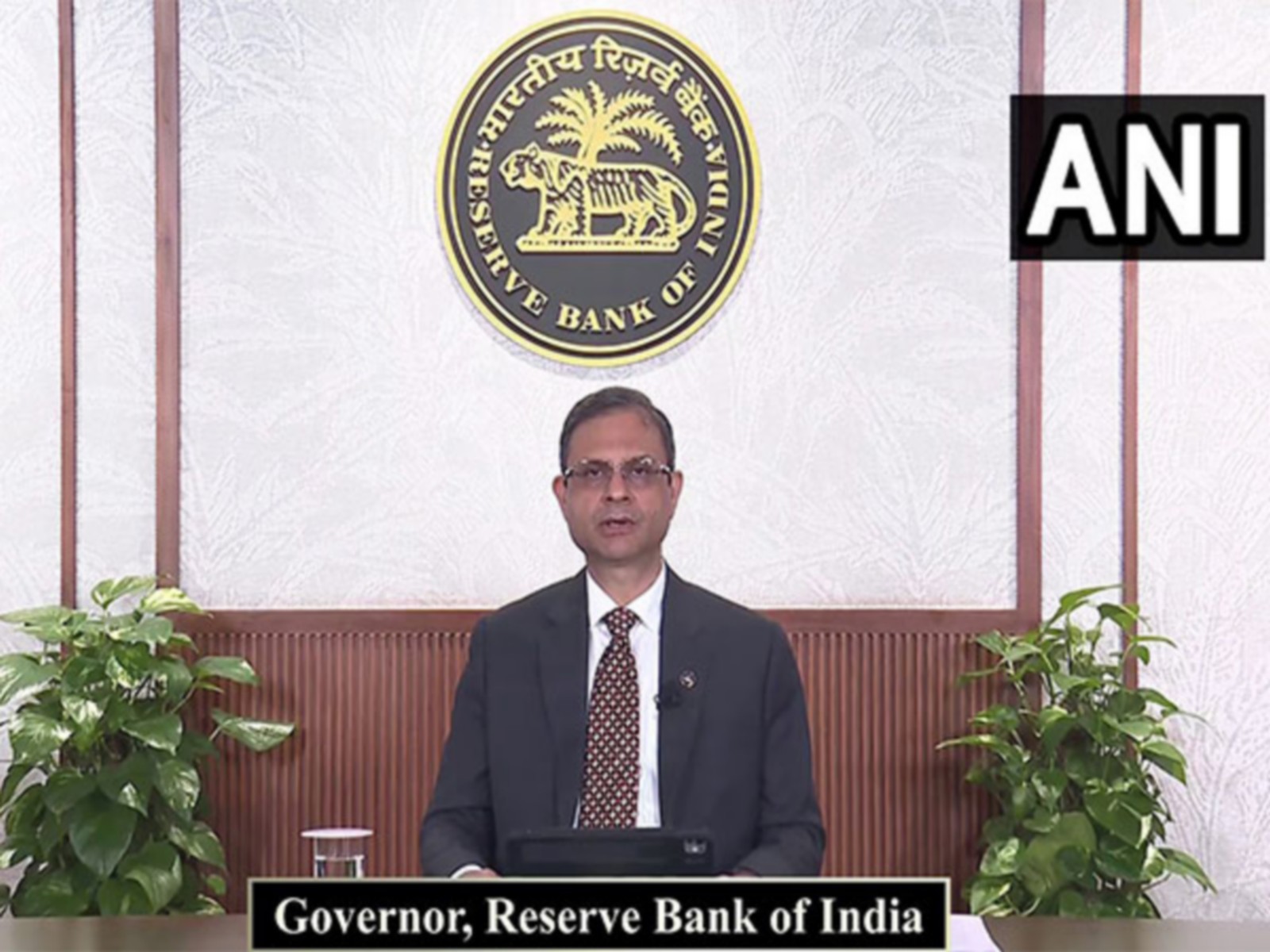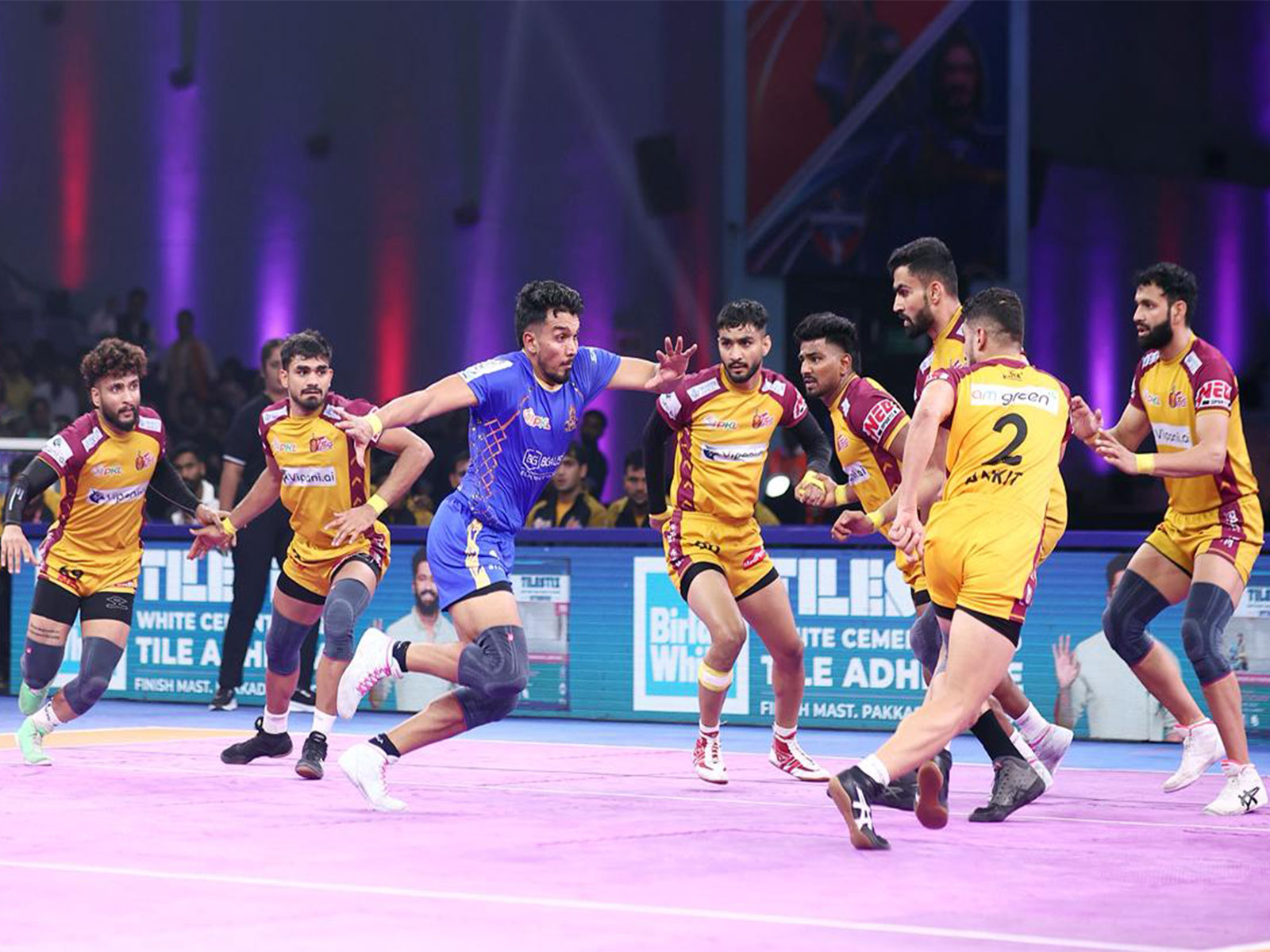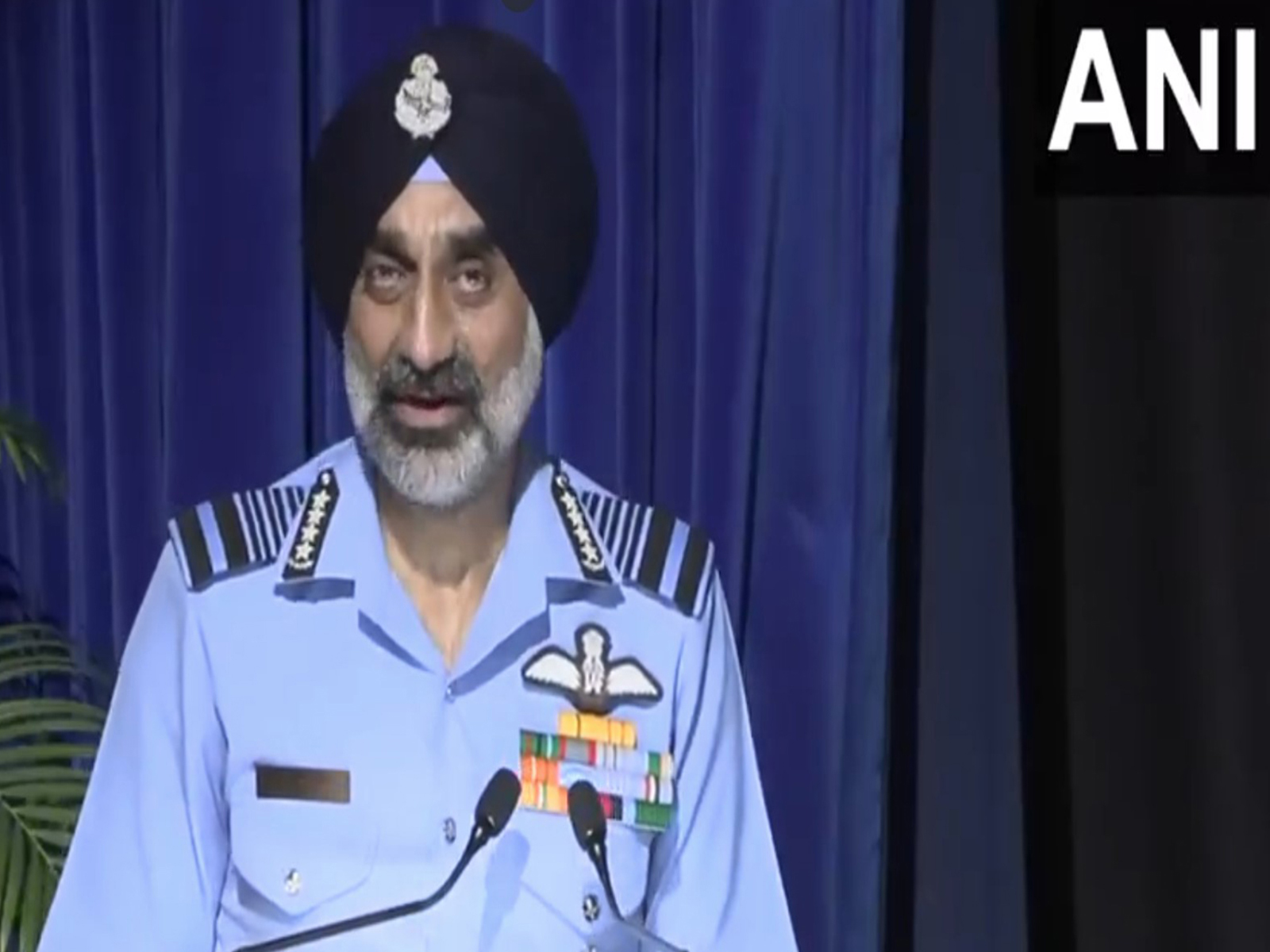
IAF chief says S-400 missile system a "game-changer", did not let enemy operate in its own territory during Op Sindoor
Sep 19, 2025
New Delhi [India], September 19 : Indian Air Force Chief Air Chief Marshal Amar Preet Singh on Friday hailed the S-400 long-range surface-to-air missile system as a "game-changer" in Operation Sindoor, saying Pakistan was hit "nice and hard" after it escalated and that the system's long-range radars and missiles denied the enemy freedom to operate even inside its own territory.
Speaking at the Annual General Meeting of the Air Force Association, Singh said the S-400's capabilities allowed Indian forces to keep adversary aircraft well short of weapon-release range. He said, "Long range-SAM (LR-SAM) that we had bought, S-400, they turned out to be a game changer in this. Their long-range radars and missile systems could threaten the enemy aircraft well inside their own territory. So, we were able to do something such that they could not operate even in their own territory. Their range was more than the range of their weapons, so they could never even come up to the weapon release range without being threatened and those who came had to face damage. So, this was a game-changer...."
The IAF Chief also spoke of the need to stop conflicts once objectives are met and said the "world has to learn a lesson from India".
"We were given terrorist targets. We accurately struck them. When our enemies refused to stop the war and tried to attack us, then we struck them nice and hard. Many of their bases were damaged. A lot of their infrastructure, radars, control and coordination centres, their hangars, aircraft suffered a lot of damage," he said.
He reiterated that during the operation, Pakistan had not closed some airfields or airspace over Lahore, using civilian flights as cover to launch unmanned aerial vehicles and attack drones. He said, "...Pakistan had not closed some of its airfields, had not closed the airspace. Their civil aircraft were landing and taking off over Lahore. So, if we had not thought about it at that time, then maybe many people could have lost their lives. So, this is some challenge that we had, under the cover of those aircraft blips, they have also made some of their UAVs, their drones, which are attack drones, take off. So, all these inputs were coming to us. But we had decided that no matter what happens, we should not harm any such aircraft, even by chance, in which there are civilians or any other non-military personnel."
On the growing role of unmanned systems, Singh said drones are useful to saturate defences but cannot win wars on their own. "Many drones were used in this war of ours as well. Of course, it is being used in other wars as well. I would like to say that drones are very good. They are good to saturate a system. If many of them come together, saturation occurs. But if we have to win the war, it cannot be won with drones alone. It is very important for us to have some long-range, some heavy-calibre weapons, some such aircraft which can deliver long-range missiles. So basically, we will need a happy mix of manned-unmanned systems..." he said.
Earlier, on August 9, while delivering the keynote address at the 16th edition of the Air Chief Marshal LM Katre Memorial Lecture, Singh had lauded the success of Operation Sindoor, stressing the importance of air power in modern conflicts and national security.
He said India had brought down at least five Pakistani fighter jets and one large aircraft at a distance of about 300 kilometres. "We have at least five confirmed fighter kills and one large aircraft, which could be either an ELINT (Electronic Intelligence) aircraft or an AEW &C (Airborne Early Warning and Control) aircraft, which was taken on at a distance of about 300 kilometres. This is actually the largest ever recorded surface-to-air kill that we can talk about," he said.
The Air Chief also credited the Central government for its political backing.
"A key reason for success was the presence of political will. There was very clear political will and very clear directions given to us. No restrictions were put on us...", he added.
India launched 'Operation Sindoor' on May 7 as a decisive military response to the April 22 Pahalgam terror attack in which 26 people were killed. The Indian Armed Forces hit terror infrastructure in Pakistan and Pakistan-occupied Jammu and Kashmir (PoJK) through precision strikes in May this year. India repelled subsequent escalation by Pakistan and pounded its airbases.
India agreed to the cessation of hostilities after Pakistan's Director General of Military Operations (DGMO) called his Indian counterpart.
